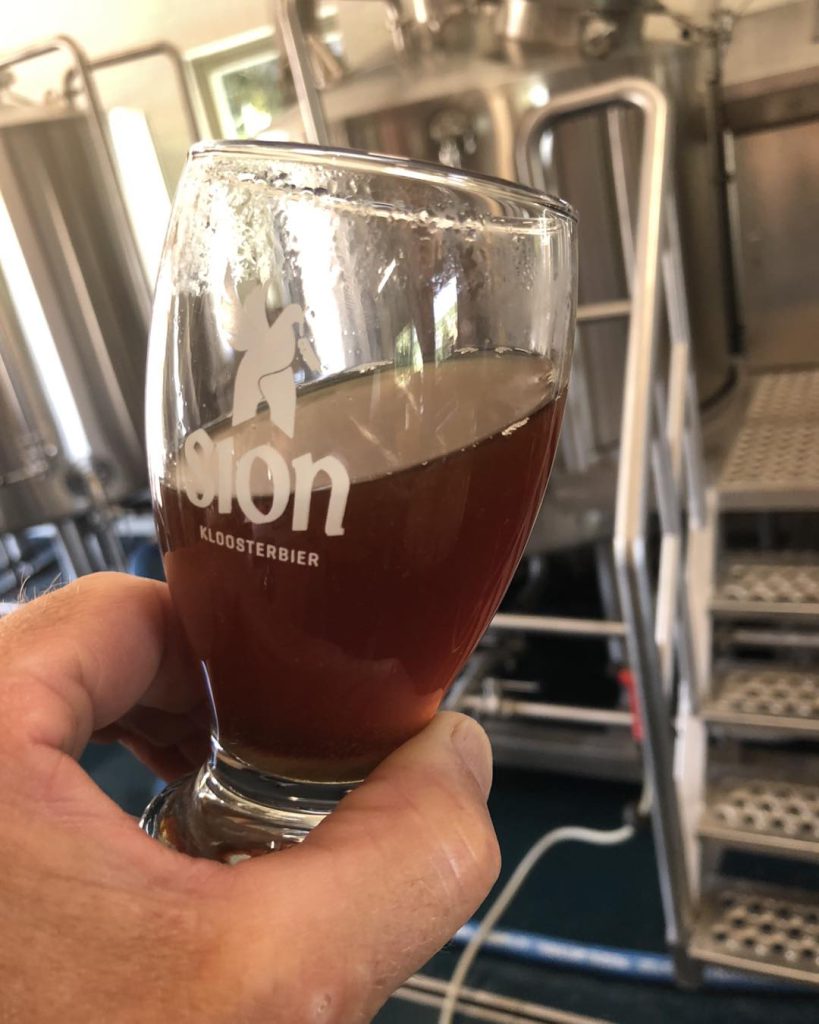”
What is Beer Fermenter Plastic?
A beer fermenter is a crucial component in the brewing process, and those made from plastic are increasingly popular among home brewers and commercial operations alike. Unlike traditional glass or metal fermenters, plastic fermenters, as offered by SKE, come with unique advantages, including lighter weight and added durability. These fermenters are designed specifically for optimal fermentation, ensuring that your brew undergoes the right chemical processes for the best flavor profiles.
Benefits of Plastic Fermenters
There are several benefits of using plastic fermenters for brewing beer:
- Lightweight and Portable: Plastic fermenters are significantly lighter than glass, making them easier to move around.
- Durability: They are less prone to breaking, reducing risks during fermentation.
- Ease of Cleaning: Most plastic fermenters have smooth surfaces that are easier to clean compared to metal or glass options. This feature is essential for maintaining hygiene and preventing microbial contamination, crucial for homebrewers and professionals alike.
- Cost-Effective: Generally, plastic fermenters are more affordable than their glass or stainless-steel counterparts. This makes them an accessible choice for beginners starting their brewing journey.
At SKE, we provide a variety of plastic fermenters tailored to different brewing needs, ensuring that your fermentation process is as effective as possible.
How to Choose the Right Fermenter
Choosing the right beer fermenter involves considering several factors:
- Size: Consider how much beer you want to brew at one time. SKE offers a range of sizes, from small homebrew fermenters to large models for commercial brewing.
- Type of Fermentation: Think about whether you require primary fermentation, secondary fermentation, or both. Different models may cater better to specific fermentation types.
- Material Preference: While plastic fermenters are more user-friendly, some advanced brewers might prefer stainless steel models for precise temperature control.
For a deeper understanding of the types of fermenters available, visit our guide on fermenter types.
How to Care for Your Fermenter
Maintaining your plastic beer fermenter is essential for successful brewing:
- Post-Fermentation Cleaning: Clean your fermenter immediately after use to avoid residue build-up.
- Proper Storage: Store your fermenter in a cool, dry place away from direct sunlight to prevent warping or fading.
- Regular Inspections: Check for any signs of wear and tear. If cracks or scratches appear, it may be time to replace your fermenter.
Looking for high-quality cleaning products? Check out our range of cleaning supplies specifically designed for brewing equipment.
Frequently Asked Questions
What are the advantages of using plastic for beer fermenters?
Plastic fermenters are lightweight, durable, and cost-effective while being easier to clean compared to glass or metal. This makes them ideal for both beginner and experienced brewers.
Can I use plastic fermenters for all types of beer?
Yes, plastic fermenters are versatile enough to handle a variety of beer styles, from ales to lagers. Just ensure that they are food-safe and suitable for use during the fermentation process.
How long can beer sit in a plastic fermenter?
Beer can typically sit in a plastic fermenter for 1-2 weeks for primary fermentation, though this can vary based on the recipe and fermentation conditions.
“

